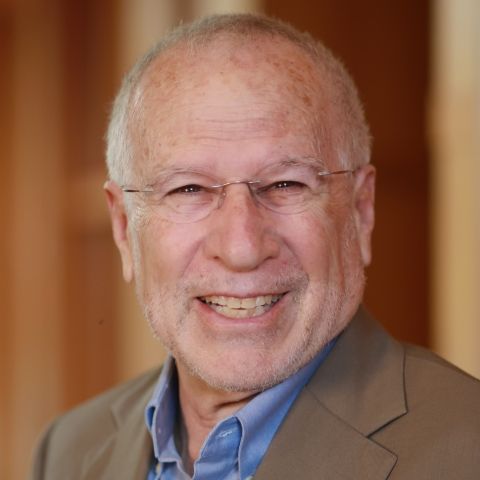

Publisher
Florida International University Law Review
Date
2013
The title of this Comment is tendentious. Or perhaps “annoying” would be the better word. And the reason that the title is tendentious or annoying is that Professor Fish has developed his substantial and welldeserved academic reputation partially on the basis of his squeamishness about, or downright hostility to, theory and theories. There are actions, habits, and, above all, practices, Fish insists, but there are not theories. Thus Fish proudly calls himself a “theory minimalist,” and seems not to mind very much being linked with those who are simply “against theory,” even if he might not put it exactly that way himself. For Fish, there is just what we do, and we don’t do what we do any better by theorizing about it, and we don’t understand practices any better by theorizing about them. Or at least so Fish has frequently insisted. And thus to accuse him of having five theories is both to deny much of the import of his own previous academic work and also to accuse him of being quintuply confused. To accuse Fish of having five theories is thus not an accusation to be hurled casually.
Yet despite Fish’s denial of being in the theory business, at least under his understanding of what theory is, his careful, thoughtful, persuasive, and substantially correct analysis of academic freedom is constructed on top of five different theories – a theory of jobs, a theory of university employment, a theory of free speech, a theory of rights, and a theory of the role of the judiciary. Each of these theories contains more than a germ of truth, but they are theories nonetheless, and in this brief paper my principal goal is to bring these buried theories to the surface so that they can be subjected to closer inspection.
Citation
Frederick Schauer, Fish’s Five Theories, 9 Florida International University Law Review, 21–31 (2013).